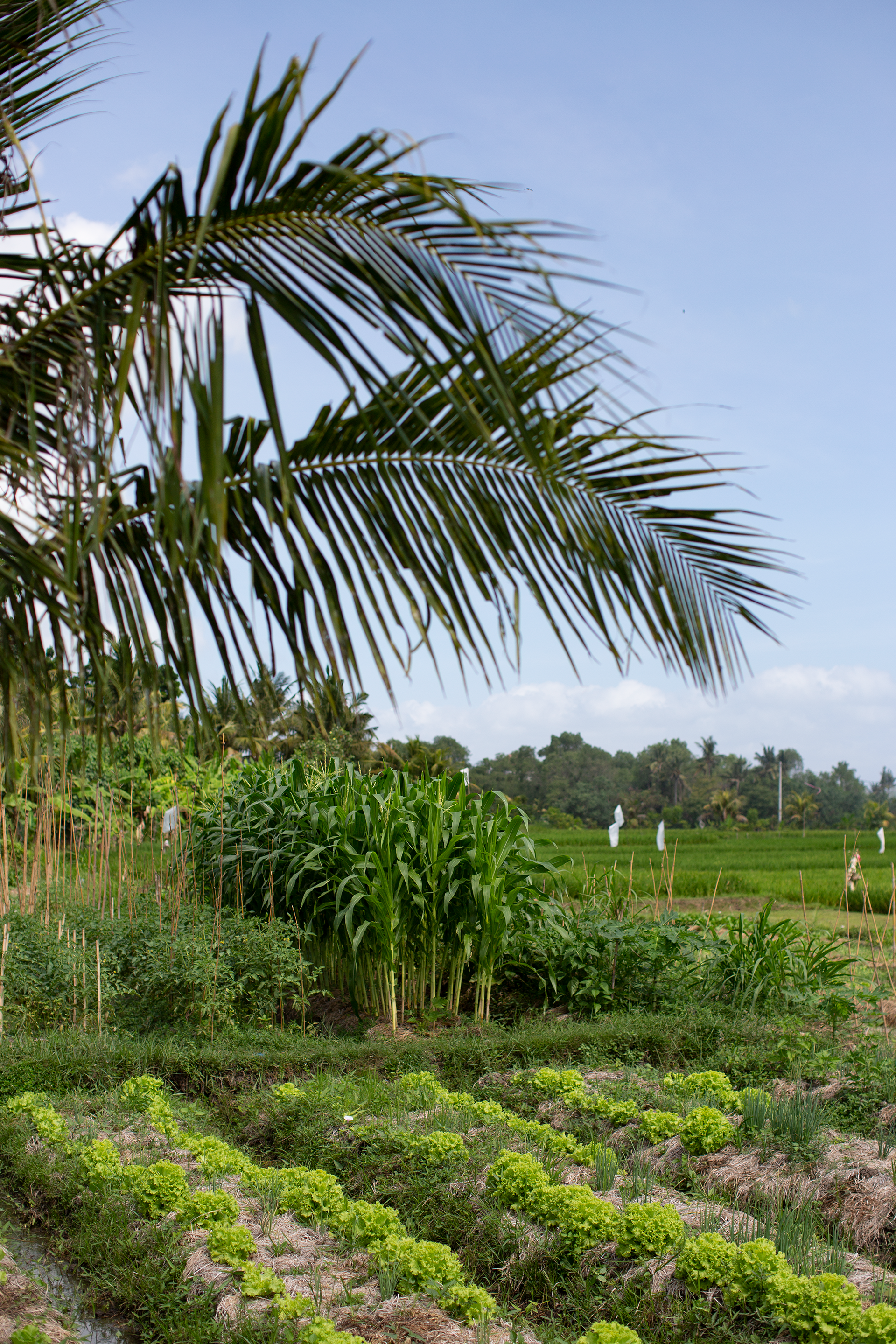Desa Potato Head: Bali’s Coolest Culinary Collective Is Turning Trash into Taste
If you think “food waste” and “flavour bomb” don’t belong in the same sentence, you clearly haven’t been to Desa Potato Head. This iconic creative village in Seminyak, Bali isn’t just dishing out Instagram-worthy plates—they’re flipping the script on waste culture, one upcycled bite at a time.
By 2025, Potato Head is gunning for a nearly waste-free future—think just 0.5% heading to landfill. It’s not some fluffy greenwashing campaign either. This is a full-blown, no-messing-around, kitchen-to-community transformation that’s rooted in five radical Rs: Reduce, Reuse, Recycle, Recreate, and Regenerate.
Their secret weapon? Menus that don’t just slap “sustainable” on the label. At the Desa’s six restaurants and bars, 25% of dishes will soon be crafted from what the rest of the world would usually toss. Egg whites, fish scales, ginger pulp, stale bread—under the creative alchemy of R&D chef Felix Schoener, these scraps are reimagined into shoyu sauces, zero-waste cocktails, and even burnt bread kombucha. This isn’t food rescue. It’s food rebellion.
Schoener, who’s worked his way through Michelin-starred kitchens around the world, sees waste not as a problem but a playground. “Upcycling isn’t just about saving ingredients. It’s about discovering new depth, unexpected flavour. Fermentation, curing, drying—these are old-school techniques with next-level potential,” he says.
At Kaum, traditional Indonesian flavours pay homage to over 600 of the archipelago’s islands. Ijen, Southeast Asia’s first zero-waste restaurant, serves line-caught seafood on banana leaves under open skies, surrounded by terrazzo floors inlaid with broken plates and upcycled-glass drinkware. Dome delivers Euro-style shared plates and natural wine, while Tanaman is a botanical fever dream for plant-based eaters. Across the board, the vibe is the same: design, flavour, and sustainability are all part of the same recipe.
But this ecosystem doesn’t stop at the edge of the plate. The regenerative ripple starts in the soil.
Since 2024, Potato Head has partnered with over 110 farmers across the Indonesian islands to ditch synthetic fertilisers and make the shift to organic, regenerative farming. Through on-site training and full-crop buybacks, they’re rebuilding trust in traditional methods while offering a more secure livelihood to growers. “We’re not just buying vegetables,” says Farm Manager Ricky Trinanda. “We’re investing in a new mindset—one that puts health, soil and sustainability first.”
And when the pandemic hit? Potato Head didn’t just pause—they pivoted. The Sweet Potato Project turned two neglected plots in West Bali into fertile farms using syntropic agriculture, a nature-first method where different plants support one another’s growth. Most of the produce goes into Nasi Bungkus meals—banana leaf-wrapped rice dishes distributed to vulnerable communities, from orphanages to waste workers. The rest gets folded back into Desa’s culinary lineup. Jobs were created. Communities fed. Sustainability didn’t take a break—it doubled down.
“We’ve always seen Desa as more than a destination,” says Amanda Marcella, Director of Sustainability. “It’s a model for how hospitality can regenerate—not just entertain.”
This is not a trend. It’s a manifesto, a blueprint, and a bold call to chefs, hoteliers and humans everywhere: taste can be conscious. Culture can be circular. And waste? That’s just the beginning of something delicious.




